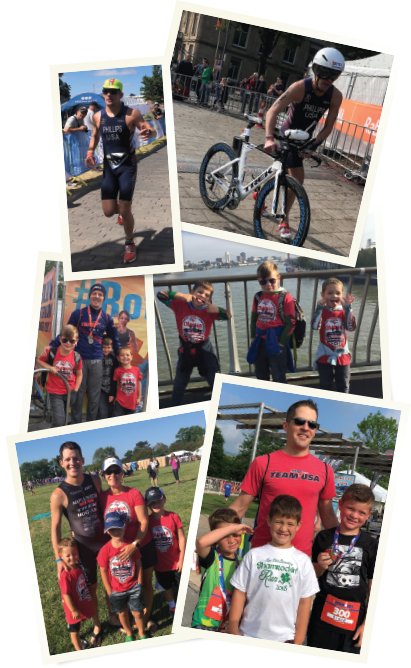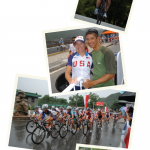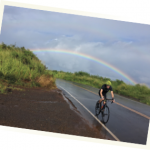“I think I’m mentally sharper when I have been exercising and taking care of myself,” says Chris Phillips, MD, a rheumatologist in solo practice in Paducah, Ky. Dr. Phillips has recognized these benefits since high school, when he began participating in competitive sports.
Four years ago, Dr. Phillips was competing against 40 other cyclists in a 20-mile road race about an hour away from his home. It was a beautiful summer day. Nearly an hour into the race, he and a few other racers had broken away from the front of the pack, riding along a straight stretch of road. He was just a few miles from the finish line and felt he stood a good chance of winning. All of a sudden, another cyclist cut in front of him, across his front wheel, knocking them both to the ground and out of the race. He ended up breaking his wrist.
“A few days later, I got a plate put into my wrist, which was painful,” says Dr. Phillips. “I enjoyed road racing, but that [incident] gave me pause to reconsider whether this was the right outlet for my competitive juices.”
Not long after that race, Dr. Phillips switched gears and began competing in triathlons, which still involves cycling, but is a bit safer because riders must typically remain at least six bike lengths from other cyclists. An active swimmer and runner since high school, he has entered nearly 20 triathlons over the past five years, ranging from sprints to Olympic, Half Ironman and world championship events.
Competing keeps him in shape and relieves his work stress, but he says the real rush comes from designing the perfect race by balancing the intensity of training with rest, hydration, nutrition, pacing and—yes—even the management of suffering.
Safer Outlet

TOP: Dr. Phillips, running in the 2018 ITU Long Course World Championship in Odense, Denmark (left), and at the 2017 ITU Olympic Distance World Championship in Rotterdam, The Netherlands.
MIDDLE: Dr. Phillips with his three sons at the 2017 Olympic Distance World Championships in Rotterdam, The Netherlands (left), and his three sons at the 2017 Olympic Distance World Championships in Rotterdam, The Netherlands.
BOTTOM: Dr. Phillips with his family at the Age Group National Championship in Omaha in 2016 (left), and with his three sons at the 2018 Half Ironman in Chattanooga, Tenn.
After graduating from medical school in 2005 from the University of South Carolina School of Medicine, Dr. Phillips completed his internship, residency and rheumatology fellowship at Washington University, St. Louis, School of Medicine.


